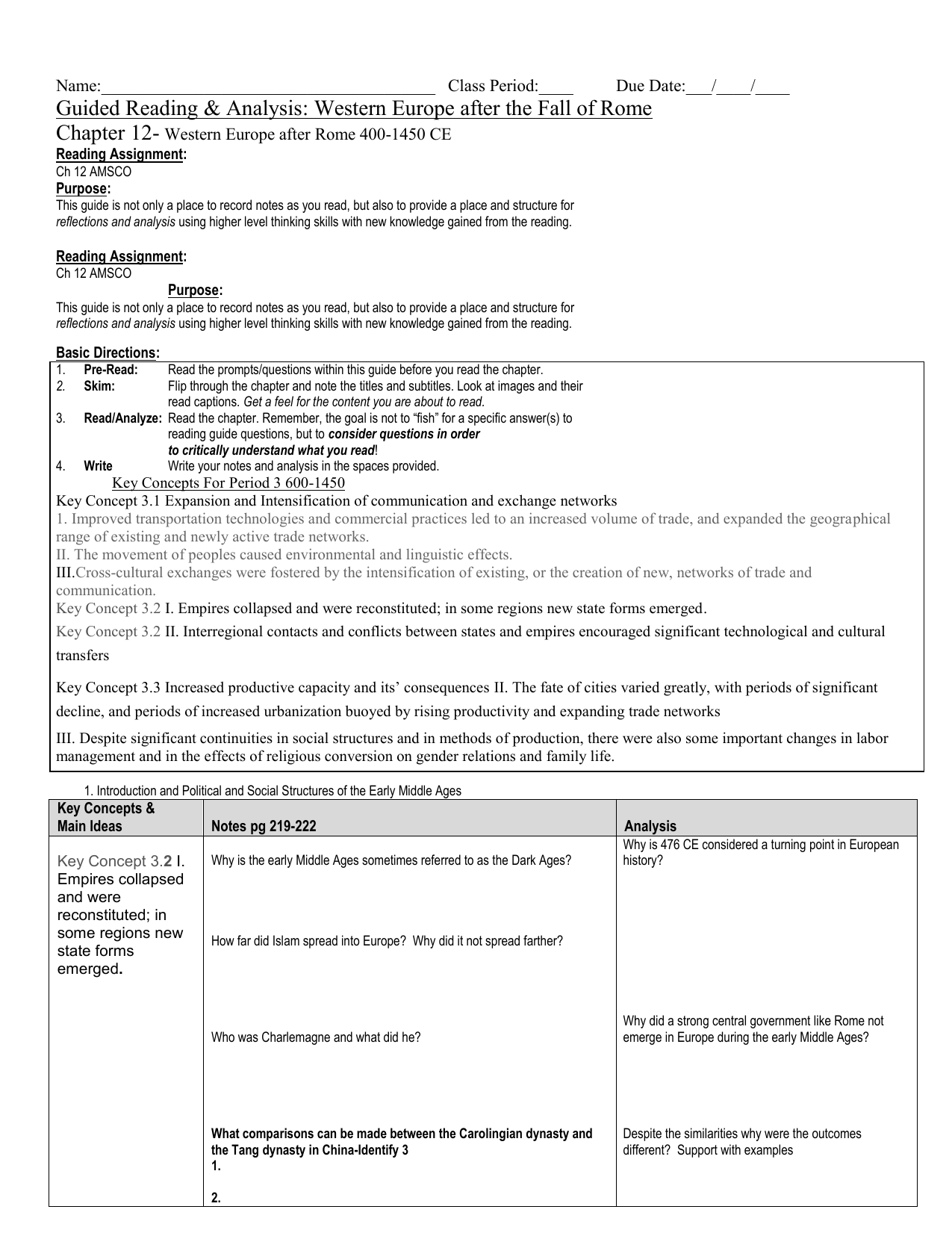

- #Pdfinfo platoweb pdf#
- #Pdfinfo platoweb install#
- #Pdfinfo platoweb full#
- #Pdfinfo platoweb software#
#Pdfinfo platoweb software#
The pdfinfo software and documentation are copyright 1996-2011 Glyph & Cog, LLC. The Xpdf tools use the following exit codes: 0

( -help and -help are equivalent.) Exit Codes
#Pdfinfo platoweb pdf#
Specify the user password for the PDF file. Providing this will bypass all security restrictions. Specify the owner password for the PDF file. Lits the available encodings -opw password Sets the encoding to use for text output. If a page range is specified using " -f" and " -l", only destinations in the page range are listed. Prints the raw (undecoded) date strings, directly from the PDF file. Prints dates in ISO-8601 format (including the time zone). pdfinfo does not attempt to extract strings matching from the text content. Note: only URLs referenced by the PDF objects such as Link Annotations are listed. Currently, this is limited to Annotations.

Only the URL types supported by Poppler are listed. Note that extracting text this way might be slow for big PDF files. Print the textual content along with the document structure of a Tagged-PDF file. Prints the logical document structure of a Tagged-PDF file. (This is the "Metadata" stream from the PDF file's Catalog object.) -custom Prints the page box bounding boxes: MediaBox, CropBox, BleedBox, TrimBox, and ArtBox. If multiple pages are requested using the " -f" and " -l" options, the size of each requested page (and, optionally, the bounding boxes for each requested page) are printed. At most one of these five options may be used. The 'Info' dictionary and related data listed above is not printed. The options -listenc, -meta, -js, -struct, and -struct-text only print the requested information. It doesn't print out the standard output from the testing commands.Print and copy permissions (if encrypted) This script checks both testing commands exit status and ANY non-empty output to stderr. Qpdf -check $file) 2>&1 >/dev/null) & test -z "$stderr" So you can test the files with all or selected testing commands the following way: for file in * Pdfimages -list file.pdf - gives exactly same errors as pdftottext
#Pdfinfo platoweb full#
Every cell contains the full stderr output - double click on it to see the content. I filtered the rows by the presence of any output to stderr from ANY command for a file. I have a database of 5031 PDF files, and I have tested them with the following commands:įor the presence of any kind of output to stderr, and saved that output to the spreadsheet: If that doesn't work, do what I said above. There are many things to decide on, and trying different tools may be beneficial. The files have to be renamed to pdfinfo-Win32.exe and pdftotext-Win32.exe, and there should be corresponding text files containing '3.02'.

And, finally, even if there are some errors/warnings, it depends on what that error/warning is actually about (maybe a corrupt embedded image is not a big problem for you, and you consider such PDF file as valid). It depends on what exactly you want to check.ĭifferent commands behave differently, and some exit with status 0 - even if there were some errors.Īlso it depends on whether you treat a Warning (possibly also with exit status 0) as an indication of a corrupt file.
#Pdfinfo platoweb install#
For example on Ubuntu you can install qpdf using apt with the command: apt install qpdf You could also use your package manager of choice to get it. Qpdf has both Linux and Windows binaries available at. directory_to_scan/ -type f -iname '*.pdf' \( -exec sh -c 'qpdf -check "": FAILED \ \) This gets executed if errors are found: Print filename followed by ": FAILED" Check a single PDF with qpdf: qpdf -check test_file.pdfĬheck all PDFs in a directory with qpdf: find. qpdf has a -check argument that does well to find problems in PDFs. My tool of choice for checking PDFs is qpdf.


 0 kommentar(er)
0 kommentar(er)
